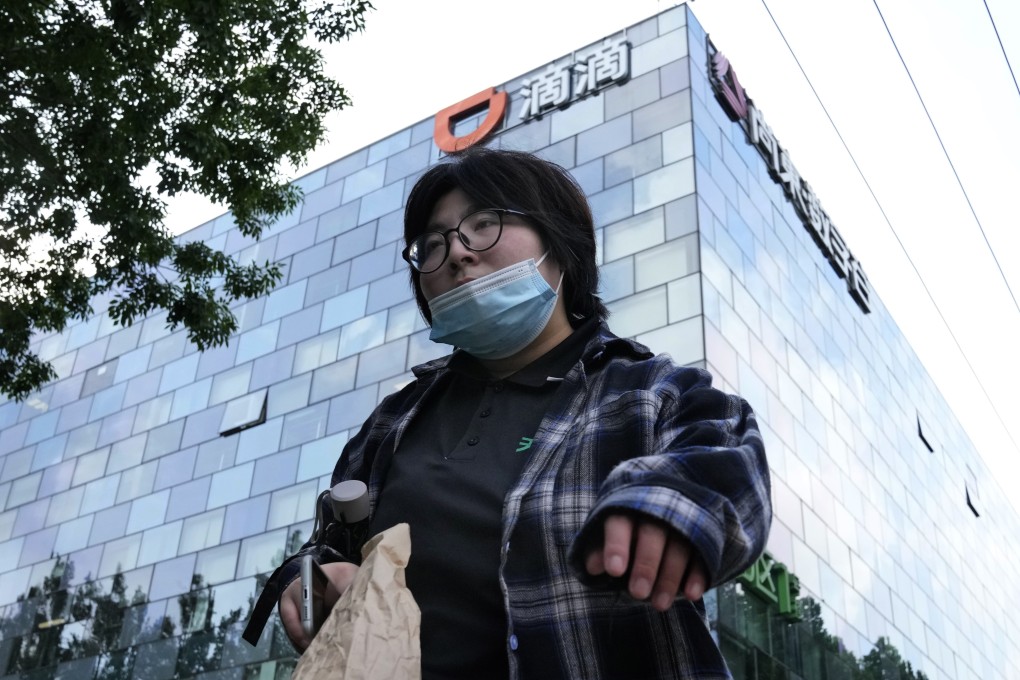Didi’s Hong Kong listing hits snag as plan by China’s ride-hailing giant is on indefinite hold pending outcome of probes, sources say
- Didi was notified that its relisting plan wouldn’t receive a green light until it makes sufficient ‘rectifications’ in accordance with probes conducted by regulators
- Without instructions from Chinese regulators including the CAC, Didi cannot file its listing documents to Hong Kong’s exchange, said an official familiar with the process

The setback puts Didi’s investors in a bind, as they prepare to vote on May 23 on the proposal by China’s dominant ride-hailing company to “voluntarily” delist from New York. Didi and the Cyberspace Administration of China (CAC) did not immediately respond to requests for comment.
Didi’s shares have plunged as investors headed for the exit, declining 13.1 per cent on Friday to US$1.72 in New York. The stock has plunged 88 per cent since its listing, wiping out US$58 billion in value.
The CAC’s investigation of Didi, ordered two days after the shares listed in New York, has yet to conclude, due to complications, a regulatory official said, declined to be named. Without clear instructions from Chinese regulators including the CAC, Didi cannot file its listing documentation to Hong Kong’s exchange, said an official familiar with the process.
Didi’s Hong Kong IPO was “almost killed,” and the plan is unlikely to progress any time soon, according to a company source briefed on the internal discussions.